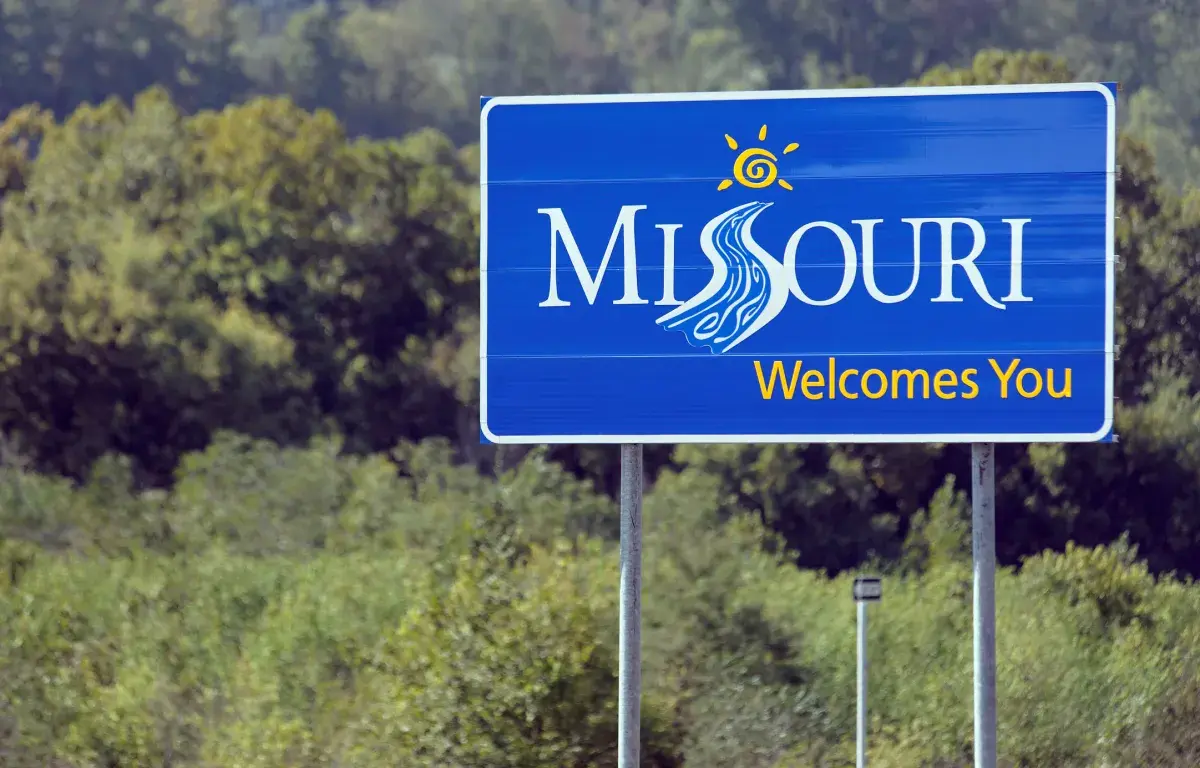
Missouri has become the latest state to request a waiver that would ban junk food items from being purchased using Supplemental Nutrition Assistance Program (SNAP) benefits.
Republican Governor Mike Kehoe announced on September 29 that he has instructed the Missouri Department of Social Services via executive order to formally request permission from the Department of Agriculture (USDA) to change what SNAP recipients can buy.
Why It Matters
The SNAP program serves an estimated 42 million low- and no-income Americans nationwide, helping them with the cost of groceries. In Missouri, around 656,600 residents, or 11 percent of the state population, receive SNAP benefits.
In every state and eligible territory, SNAP benefits can be used to buy most grocery items, including fruits, vegetables, meat, poultry, fish, dairy products, breads, cereals, snack foods, and nonalcoholic drinks like juice, coffee, and bottled water. Benefits may also go toward seeds and plants to grow food at home.
The latest request from Missouri follows numerous other states, mostly Republican, that have requested similar changes. So far, 12 states have had approval from the USDA to ban sugary foods and/or drinks from SNAP.
What To Know
SNAP is federally funded but managed by individual states, which can request limited adjustments to what benefits may be used to purchase. These changes, called waivers, require approval from the USDA, which oversees the program.
A press release from Kehoe’s office says the waiver is being submitted to “alter Missouri’s SNAP program in a manner that prioritizes healthy foods and nutritional value, discourages foods that are high in added sugar and ultra processed, and supports Missouri agriculture.”
Kehoe’s executive order also directs the director of the Department of Social Services to examine and propose ways to expand incentives for buying fresh fruits, vegetables, and Missouri-raised meats and dairy through SNAP. The effort would build on existing state programs that promote healthy food education and access, including the “Double Up Food Bucks” initiative, which gives participants added financial support for purchasing nutritious foods.
“Key stakeholders, including public health and nutrition experts, SNAP beneficiaries and administrators, and related business and industry representatives, are to be consulted in the waiver development process,” the executive order reads.
SNAP Junk Food Changes Across the US
For years, conservatives have advocated for restricting SNAP purchases. During the current White House administration, 12 states—11 of them Republican-led—have so far secured such changes, with some banning only sugary sodas and juices, while others also prohibited candy and similar confectionary.
The USDA has so far approved waiver requests from Arkansas, Colorado, Florida, Idaho, Indiana, Iowa, Louisiana, Nebraska, Oklahoma, Texas and Utah to prohibit certain unhealthy foods from being purchased with SNAP benefits. With the exception of Colorado, all of these states are led by Republican administrations.
What People Are Saying
Missouri Governor Mike Kehoe said: “Healthy and nutritionally secure Missouri families are critical to supporting a path to self-sufficiency and, ultimately, a thriving state. Under the [President Donald] Trump administration, states are taking action to ensure that taxpayer dollars are better used to promote healthy, nutritious food purchases. With approximately $1.5 billion in annual SNAP benefits issued in Missouri, we must refocus our SNAP program to maximize nutritional health for families while also supporting the abundant agricultural output of our state.”
Jessica Bax, director of the Missouri Department of Social Services said: “With this waiver request, we are looking to refocus Missouri’s SNAP program to further prioritize healthy foods that truly benefit the well-being of Missouri families. I appreciate Governor Kehoe’s leadership in advancing the health of Missourians and supporting Missouri agriculture.
“Our department is eager to begin working alongside key stakeholders, including public health and nutrition experts, SNAP beneficiaries and administrators, and related business and industry representatives on the implementation process and further incentivizing healthy food purchases.”
Michael Aziz, MD, attending physician at Lenox Hill Hospital in New York, told Newsweek: “The idea of restricting the use of food stamp benefits may be appealing, but upon a closer examination, serious concerns emerge regarding the feasibility and rationale for the proposed restriction. Approval may be granted, but real food also costs more money. Eggs can cost more than cereals, and this can lead to this population skipping meals or going hungry.
“Republican states are the forefront, versus Democratic states which will oppose these measures. It is too early to tell if these measures will improve people’s health.”
What Happens Next
The estimated implementation date of Missouri’s waiver, following USDA approval, would be October 1, 2026.



